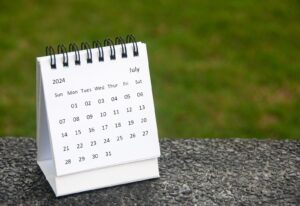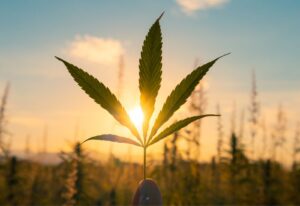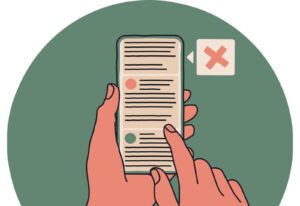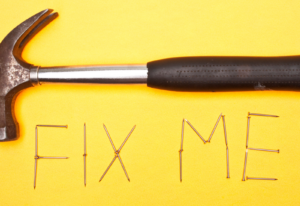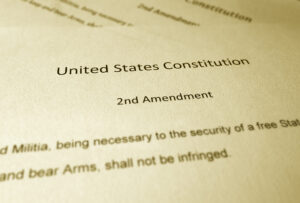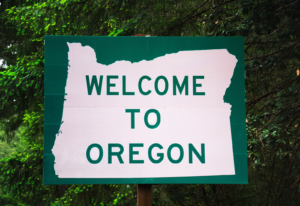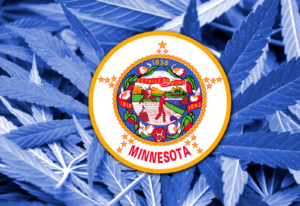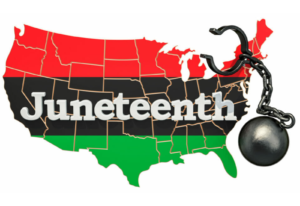
We recently wrote about an announcement by the California Department of Food and Agriculture (“CDFA”) that temporary license applications need to be submitted by December 1, 2018 in order to be reviewed on time for approval and issuance before December 31, 2018. To date, California Department of Public Health (“CDPH”) followed suit, but the California Bureau of Cannabis Control (“BCC”) has not. It’s safe to say that BCC applications submitted after December 1, 2018 have a low chance of being issued this year.
This is significant because after January 1, 2019, these agencies will have no legal authority to issue temporary licenses, and will not do so. After January 1, 2019, only provisional licenses will be issued, and only then to parties who hold or held temporary licenses. Parties that don’t have temporary licenses and thus cannot get provisional licenses will be stuck in the annual license logjam, which everyone knows moves at a snails’ pace. These deadlines cannot be solved with more regulations. They are from MAUCRSA and only the legislature can modify them. We wouldn’t count on that happening.
This time crunch places would-be licensees whose local applications are under review from California cities in a tough spot. As part of the state-level application process, the above-linked MAUCRSA section requires applicants to fork over “[a] copy of a valid license, permit, or other authorization, issued by a local jurisdiction”, and cities are not going to state that an applicant is approved while an application is under review.
Some cities have come up with creative solutions to this problem. The Los Angeles Department of Cannabis Regulation (“DCR”), for example, issued a release stating that it would issue to applicants from the second phase of applications (which closed a few months ago) who have paid their application fees a local letter of authorization that could be taken to the target state agency. The letter would not authorize commercial cannabis activity in Los Angeles. It would authorize an applicant to simply move into the temporary license phase, in order to eventually secure the provisional license that would eventually get them operational faster. At least one state agency, in turn, has expressed that letters from localities may be sufficient. Earlier this year, the CDPH wrote that local authorization may take the form of a “letter of acknowledgement”.
L.A. is a big city, and is swamped in applications. Our L.A. cannabis business and real estate lawyers have seen some other cities issue letters of authorization, but others that have refused. It’s not clear whether many other cities would write a letter of authorization, or what they would be willing to say. But it’s certainly worth reaching out to a city to see if they will.












